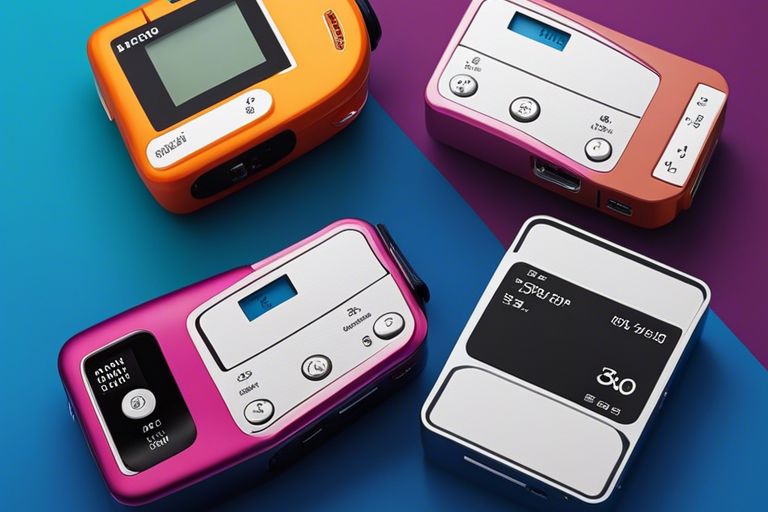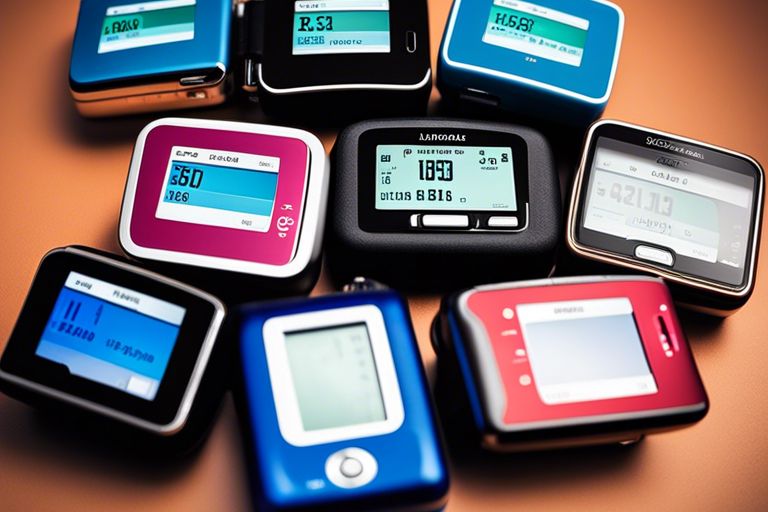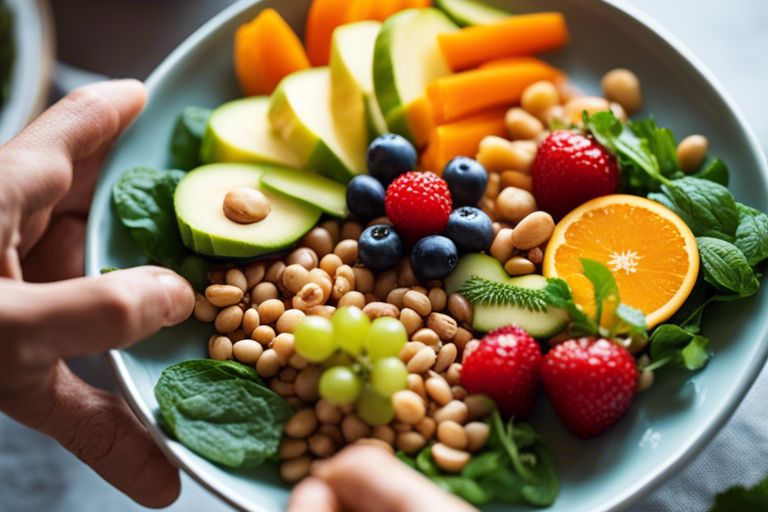With the complexity of managing Type 1 diabetes, carb counting can be a crucial skill for maintaining blood sugar levels. Whether you’re newly diagnosed or have been living with diabetes for a while, understanding the basics of carb counting is crucial for keeping your health in check. In this blog post, we will research into the crucial tips and tricks for carb counting that every Type 1 diabetic should know. So, grab a cuppa, sit back, and let’s explore the world of carbs together!
Mastering the Math of Munching
The Art of Reading Labels: Carb Detective Skills
For those with Type 1 diabetes, mastering the art of reading labels is crucial. Becoming a carb detective involves scrutinising labels for hidden sugars, understanding serving sizes, and doing a bit of mental maths to calculate the total carb count per serving.
Eating Out Without Freaking Out: Estimating Carbs in the Wild
To avoid a meltdown when dining out, Type 1 diabetics can hone their carb estimating skills. Whether eyeballing portion sizes or guesstimating ingredients, it’s all about making educated guesses without breaking into a cold sweat over carb counts.
Math may not be everyone’s cup of tea, but for Type 1 diabetics, it’s the secret ingredient to enjoying meals out without sending blood sugar levels on a rollercoaster ride. By practising quick mental calculations and learning to estimate carbs in various dishes, eating out can be less of a numbers game and more of a treat.
High-Tech Help: Gadgets and Gizmos for Carb Counting
App-titude: Smartphone Apps that Count for You
For the tech-savvy Type 1 diabetics, there’s a whole world of smartphone apps designed to make carb counting a breeze. These apps not only calculate carbs in your meals but also track your blood sugar levels, insulin doses, and even provide reminders for when to test or inject. With user-friendly interfaces and accurate databases, these apps are like having a personal dietitian in your pocket!
Digital Dish Duty: When Kitchen Scales Go High Tech
Apptitude for a kitchen scale that does more than just weigh your ingredients? Enter the high-tech digital scales that can calculate the nutritional content of your food as you place it on the scale. These smart scales connect to apps on your phone or tablet, allowing you to get real-time updates on the carb content of your meal as you prepare it. Say goodbye to guesswork and hello to precision in your carb counting!
Duty calls for these digital kitchen scales that take the guesswork out of portion sizes and carb calculations. With the ability to weigh, measure, and calculate the carbs in your food, these high-tech gadgets are a must-have for anyone looking to manage their diabetes with precision. Embrace the digital age and simplify your carb counting routine with these ingenious devices!
The Lifestyle Loophole: Tailoring Carb Counting to Your Life
The Fitness Factor: Exercise and Its Impact on Carb Needs
All diabetics need to consider how exercise affects their carb requirements. On days when you’re more active, you may need to adjust your carb intake to avoid blood sugar spikes or crashes. It’s vital to find the right balance and monitor your levels closely to maintain stable blood glucose levels.
From Dawn to Dusk: Managing Carbs Throughout Your Day
Your carb counting shouldn’t be a one-size-fits-all approach. Different times of the day may call for different strategies – whether it’s adjusting your mealtime insulin dose according to your activity level or choosing low GI foods for sustained energy. The key is to adapt your carb counting to fit your daily routine and keep your blood sugar levels in check.
Understanding how carbs impact your body at various times of the day can help you make informed decisions about your diet and insulin management. From a hearty breakfast to a light dinner, being mindful of your carb intake throughout the day can help you maintain better control over your blood glucose levels.
To wrap up
Hence, mastering the art of carb counting is crucial for Type 1 diabetics to maintain optimal blood sugar levels and overall health. By understanding the carb content of foods, accurately calculating insulin doses, and staying mindful of portion sizes, individuals can better manage their condition and prevent complications. Do not forget, practice makes perfect, so don’t be disheartened if it takes time to get the hang of it. With dedication and the right tools, carb counting can become second nature, empowering you to take control of your diabetes management. So, arm yourself with knowledge, a food scale, and measuring cups, and seize the power of carbs for a healthier future.




